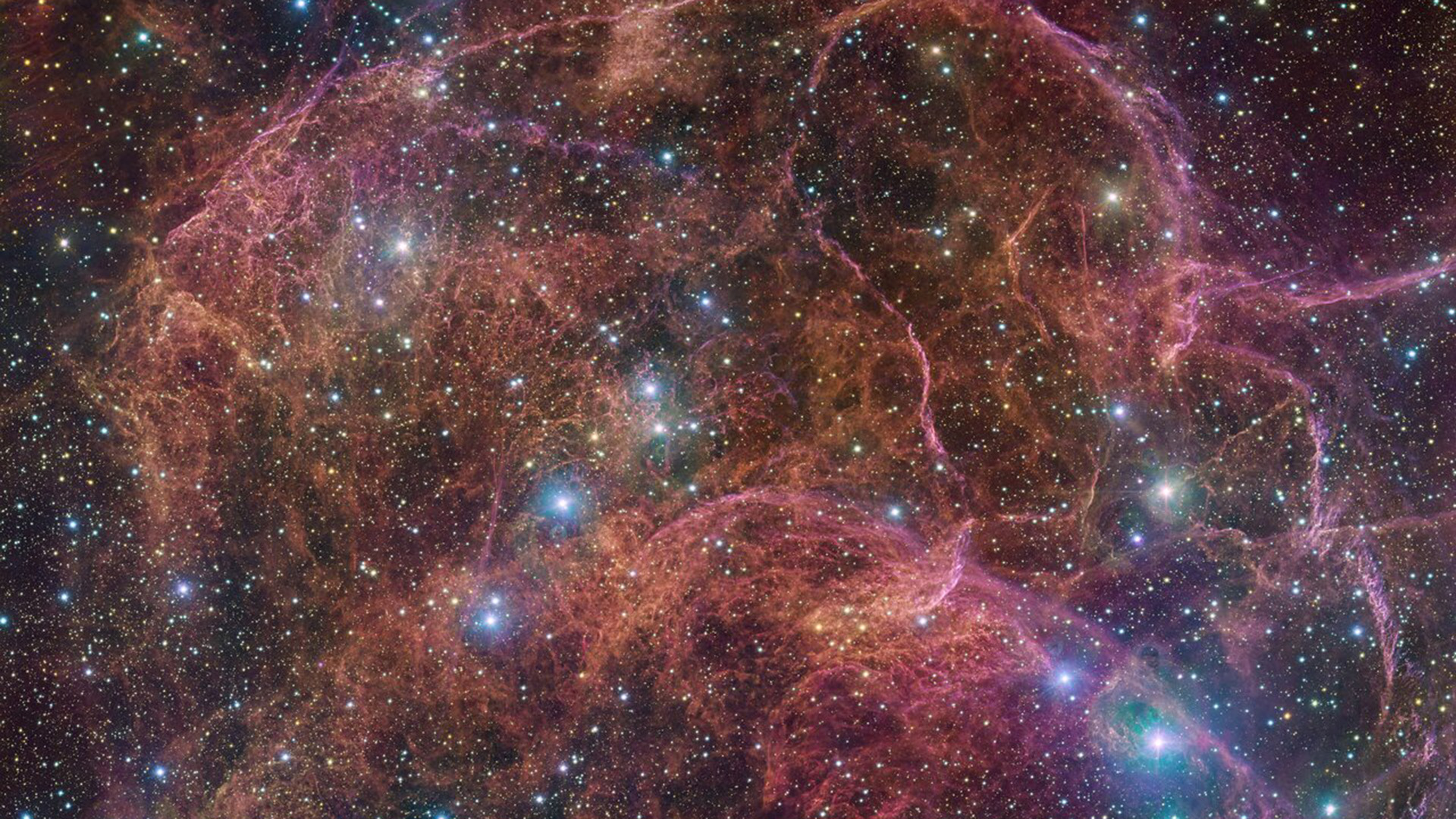China has successfully launched a new spacecraft into orbit. The new Chinese probe is designed with a lobster eye and should help astronomers peer deep into the X-ray universe from violent and fleeting cosmic phenomena.
The probe lifted off aboard a Long March 2C rocket from Xichang Satellite Launch Center in China on January 9. The launch was a success, according to announcements from the China Aerospace Science and Technology Corp (CASC).
The Chinese probe is known as an Einstein Probe, and it is part of China’s ongoing strategic space science efforts. Once in position, the probe will peer through the universe, observing distant tidal disruption events—where black holes rip stars to pieces—and supernovas.

The probe will operate from a 600-kilometer altitude, in orbit around Earth, where it will observe the sky and space utilizing a Wide-filed X-ray telescope (WXT). These types of telescopes use lobster eye optics to view X-ray events more deeply than otherwise possible.
We haven’t seen too many spacecraft utilizing this type of optic, but the Chinese probe should be setting itself up for some huge successes in that field, as previous demonstrations of the lobster eye optics have proven very promising.
Of course, since we’re talking about China here, it’s likely the CASC will keep anything they learn close to the chest. However, the hope is that we’ll one day have more international cooperation between China, the U.S., and other countries, especially when it comes to space-based exploration.
The European Space Agency did contribute to the mission, so that could offer a good in for the wider scientific community to get access to the data picked up here. The big strength here, though, is the fact that the Einstein Probe will be able to observe almost the entire night sky in just five hours.
This should hopefully help it catch fleeting moments and events that we wouldn’t be able to capture otherwise.

